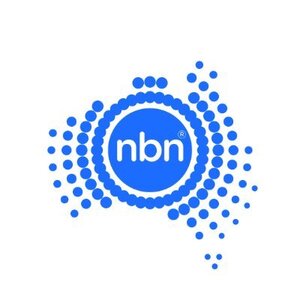NBN purchases 1,800,000 metres of … copper. This fit's in with the NBN's pathetic target of providing Australians with ADSL internet speeds but charging people a lot more for it. The only entity that this helps is Telstra: Sauce: http://www.theregister.co.uk/2015/07/23/carrier_club_slams_t…
Unfortunately the fool that did this is now Australia's Prime Minister but that's the calibre of leader we now have.
Sauce: http://www.smh.com.au/technology/technology-news/nbn-co-buys…

Poo! Time to sell more units to get a business link then. :(